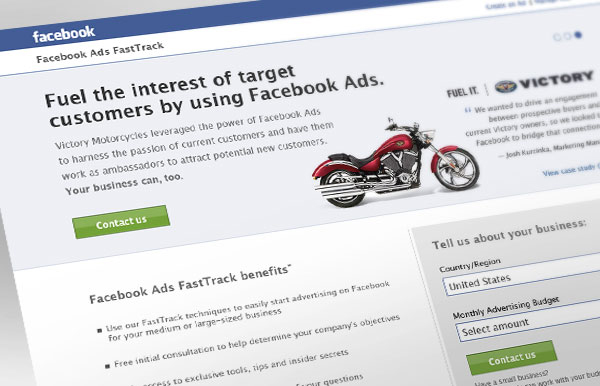A powerful advertising lobby has just threatened to quit Facebook following the Cambridge Analytica scandal. The money should really go into journalism instead.

British advertisers lobby ISBA has told Facebook in no uncertain terms it is ready to drop the social media platform if answers on the Cambridge Analytica data breach scandal don’t surface soon.
The group represents around 3,000 brands – and can exert some serious pressure by speaking the language Mark Zuckerberg understands best: good, old, hard cash.
But the options of where to invest instead seem rather narrow to advertisers across the globe. The duopoly of internet search held by Facebook and Google is unlikely to move through the sheer power of the market alone. And advertising bosses know it.
M&C Saatchi chief executive David Kershaw told the BBC Radio 4 Today programme that while his agency has projected a 10% growth in digital media advertising for 2018,
“60p in every £1 of that increase will go to Facebook and Google and that’s not healthy.”
So what can advertisers do to help democratise the system?
A simple step towards a more accountable form of information distribution is investing in high quality journalism.
With several publications going out of print or behind a paywall (the New Statesman being the last victim to this epidemic), high quality journalism is swiftly becoming a purview of those with the disposable income to spend on it.
Thorough journalism and reliable data collection is literally being taken away from the wider public it wants to serve. And the public is left with the cheaper information sources, often in the shape of social media or clickbait-oriented news channels, where the lack of editorial scrutiny often leads to the dissemination of what could be called “fake news”.
A quick way to ameliorate this crisis would be to encourage advertisers to invest in platforms of serious journalism – both in print as in their online versions. This would address both the question of advertisers’ corporate social responsibility, as well as help remove some of the consumer (and thus discriminatory) mentality that has taken over the news industry.
But will that solve the problem?
Undoubtedly, advertising-dependent information dissemination is still problematic. Questions on who is advertising what and what advertisers ask in return for their money have plagued journalism for the last few decades.
Similarly, attempting to transform Facebook and other social media platforms alone will not suffice.
As Molly Scott-Cato recently argued in Left Foot Forward:
“For Facebook to be a real social network, it needs to be owned by those who invest their personal lives in it.”
Or, as others would have it, nationalise social media.
In last weekend’s Media Democracy Festival, media professor Angela Phillips said:
“We are not going to go too far by regulating platforms. We need to discuss the nationalisation of ‘search’, go towards a concept of ‘public service search engine’.”
And indeed, if it worked for the telegram and the telephone, radio and television, why could it not work for search engines too?
Instead of waiting for Facebook to clean up its act, advertisers – and the public – would do well to take their money and data elsewhere…
Joana Ramiro is a reporter for Left Foot Forward. You can follow her on Twitter here.
To reach hundreds of thousands of new readers we need to grow our donor base substantially.
That's why in 2024, we are seeking to generate 150 additional regular donors to support Left Foot Forward's work.
We still need another 117 people to donate to hit the target. You can help. Donate today.



